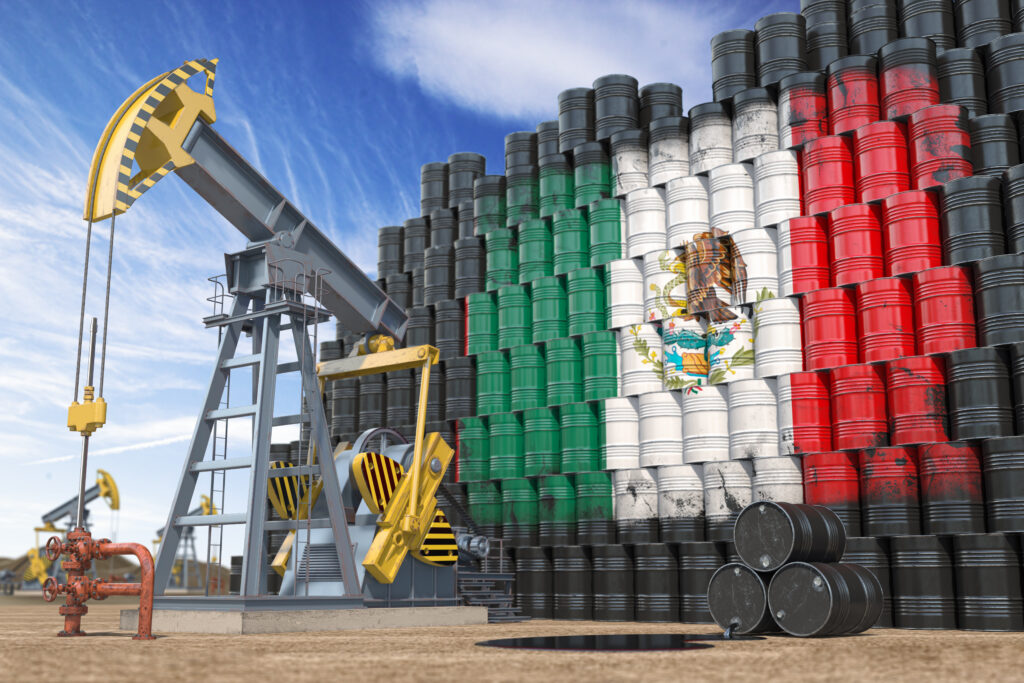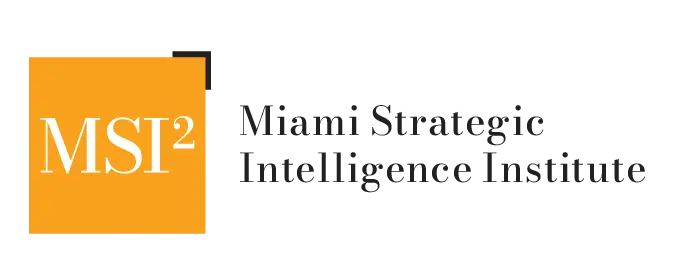06 Jun Like Fuel Thieves: Mexico’s Opaque Oil Shipments to Cuba Under Sheinbaum Amid Secretary Rubio’s Visit
By,
Jesús Romero. Co-Founder & Senior Fellow, MSI²
As U.S. Secretary of State Marco Rubio prepares for his official visit to Mexico, the energy foreign policy of President Claudia Sheinbaum is under increased scrutiny.
While Washington evaluates bilateral cooperation on security, migration, and regional democracy, a pressing question arises: Why does Mexico continue to send oil to the Cuban regime without transparency or verifiable justification?
Much like the infamous huachicoleros—fuel thieves siphoning gasoline from pipelines—Mexico’s oil shipments to Cuba in 2025 appear to bypass formal accountability channels. Though the Mexican government claims it is humanitarian aid, it has yet to provide precise data on volumes, contracts, or the economic impact of these shipments.
This situation worsens with revelations that from January to September 2024, Mexico exported an average of 20,100 barrels per day of crude oil and 2,700 barrels per day of refined products to Cuba, amounting to roughly $600 million (Reuters, 2025). In January 2025, Mexico’s transparency agency INAI ordered Pemex to release detailed records of these transactions, including volumes, dates, and contractual terms (Latinus, 2025). As of this writing, responses have been incomplete, deepening suspicion.
Such state-level discretion in a strategic sector like energy undermines good governance and raises diplomatic tensions. For the United States, this is not merely an ethical anomaly—it could be an indirect breach of the existing sanctions regime against Cuba. While Mexico is not bound by the U.S. embargo, its state enterprises risk secondary sanctions if they use financial systems linked to the U.S. In fact, in 2023, the U.S. EximBank canceled an $800 million loan to Pemex due to its Cuba dealings (Energy Magazine, 2025).
In this context, Rubio’s visit to Mexico is more than a routine diplomatic gesture. As a leading critic of the Havana and Caracas regimes, Rubio has made clear that his priorities include defending democracy in the Western Hemisphere, combating transnational crime, and eliminating hidden subsidies to dictatorships. Mexico’s concealed oil shipments directly contradict those objectives.
Mexico faces a strategic crossroads: continue an ideologically driven policy of energy support to Cuba or reorient its diplomacy toward transparency and cooperation with democratic allies. Rubio’s visit offers a pivotal opportunity to redefine priorities.
Ultimately, this energy opacity does more than threaten Mexico’s fiscal integrity—it jeopardizes its standing as a responsible actor in the hemisphere. What’s at stake isn’t just oil; it’s the credibility of a nation.

Strategic Recommendations for Secretary Rubio’s Visit
1. Demand immediate transparency from Pemex and Gasolinas Bienestar.
2. Condition energy and infrastructure agreements on audit and accountability clauses.
3. Establish formal information-sharing with INAI and Mexico’s Financial Intelligence Unit (UIF).
4. Explore secondary sanctions if opacity persists.
5. Reinforce the hemispheric message: democratic oil cannot subsidize authoritarian repression.
What the Trump Administration Must Demand
● Consolidate diplomatic and energy policy under the Secretary of State.
● Reject unilateral concessions such as Chevron extensions without verifiable reciprocity.
● Audit Mexico’s energy ties with sanctioned regimes like Cuba and Venezuela.
● Propose a Hemispheric Energy Transparency Act, modeled after the Magnitsky framework.
Claudia Sheinbaum’s Ideological Position: Nationalism or Anti-Americanism in Disguise?
President Claudia Sheinbaum presents herself as a progressive leader, but her foreign policy choices reveal deep ideological alignment with authoritarian regimes in Latin America. Beneath the rhetoric of sovereignty lies a structured resentment toward the United States.
Her active support for the Cuban regime, silence on human rights violations in Venezuela and Nicaragua, and reluctance to cooperate with U.S.-led initiatives like the Americas Partnership reinforce doubts about her reliability as a democratic ally.
Sheinbaum is not merely a leader with a different development model; she’s part of an ideological bloc seeking to weaken U.S. influence and solidify an anti-Western axis. Washington cannot ignore this strategic reality.
Strategic Epilogue: Chevron’s Termination and Cuba’s Fragility
Secretary Rubio’s May 27, 2025, decision not to renew Chevron’s license in Venezuela signals a decisive foreign policy shift. It sends a strong message to Mexico: any energy aid to sanctioned regimes will be met with equal scrutiny (Financial Times, 2025).
This move becomes even more critical in light of my prior analysis, “Cuba is One Hurricane Away from Collapse — and 2025 Could Bring the 2008 Trifecta” (Romero, 2025). Cuba’s outdated infrastructure, extreme blackouts, food insecurity, and loss of foreign subsidies place it on the edge of systemic failure.
Sanctions, climate shocks, and concealed energy lifelines could jointly trigger regional collapse. The Trump administration seems to grasp this: unilateral concessions fuel repression—tightened energy policy could open paths to liberty.
References
Latinus. (2025, January 19). Pemex must disclose how much fuel it has sent to Cuba: INAI. https://latinus.us/mexico/2025/1/19/pemex-debe-informar-cuanto-combustible-ha-enviado-cuba-inai-132978.html
Energy Magazine. (2025, May). Oil solidarity: Mexico’s costly support to Cuba amid U.S. sanctions. https://energymagazine.mx/2025/05/petroleo-solidario-factura-costosa-mexico-entre-cuba-y-las-sanciones-de-eu/
Reuters. (2025, May 6). Mexico’s Pemex increased crude shipments to Cuba in 2024, filing shows. https://www.reuters.com/business/energy/mexicos-pemex-increased-crude-shipments-cuba-2024-filing-shows-2025-05-06/
Financial Times. (2025, May 22). U.S. to let Chevron Venezuela licence expire as Trump tightens oil sanctions. https://www.ft.com/content/d5ca9a30-60c6-4a27-9c09-bccf24588256
Romero, J. D. (2025, May 21). Cuba is one hurricane away from collapse — and 2025 could bring the 2008 Trifecta. https://www.linkedin.com/pulse/cuba-one-hurricane-away-from-collapse-2025-could-bring-2008-trifecta-dloqe
The opinions expressed in this article are those of the author and do not necessarily reflect the views of the Miami Strategic Intelligence Institute (MSI²).
